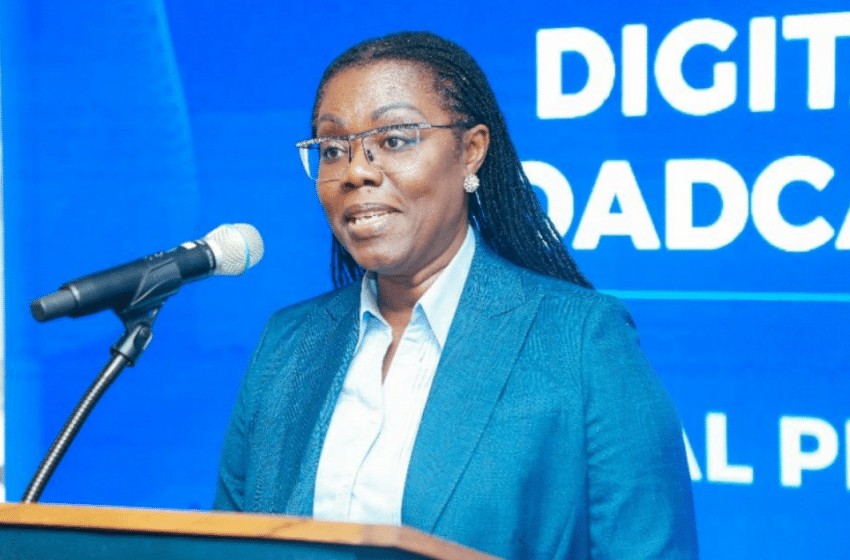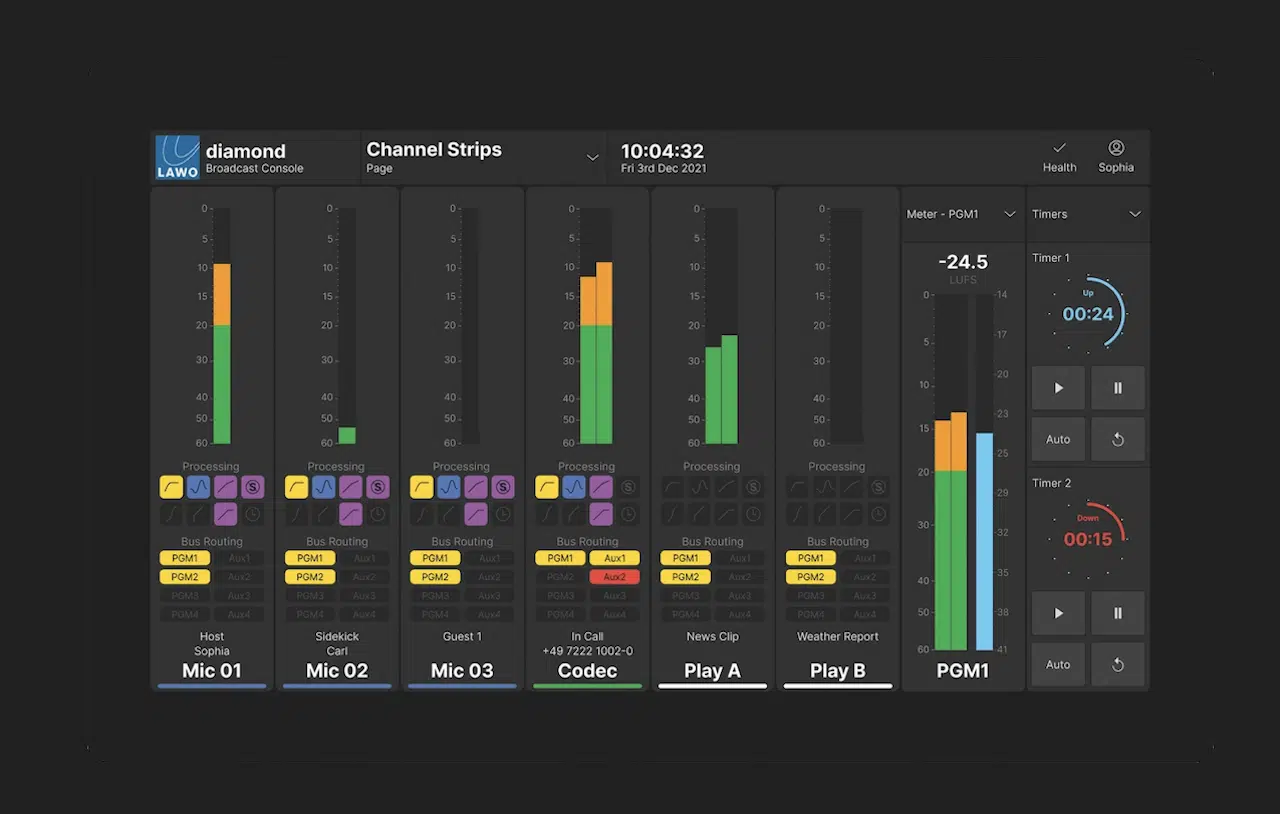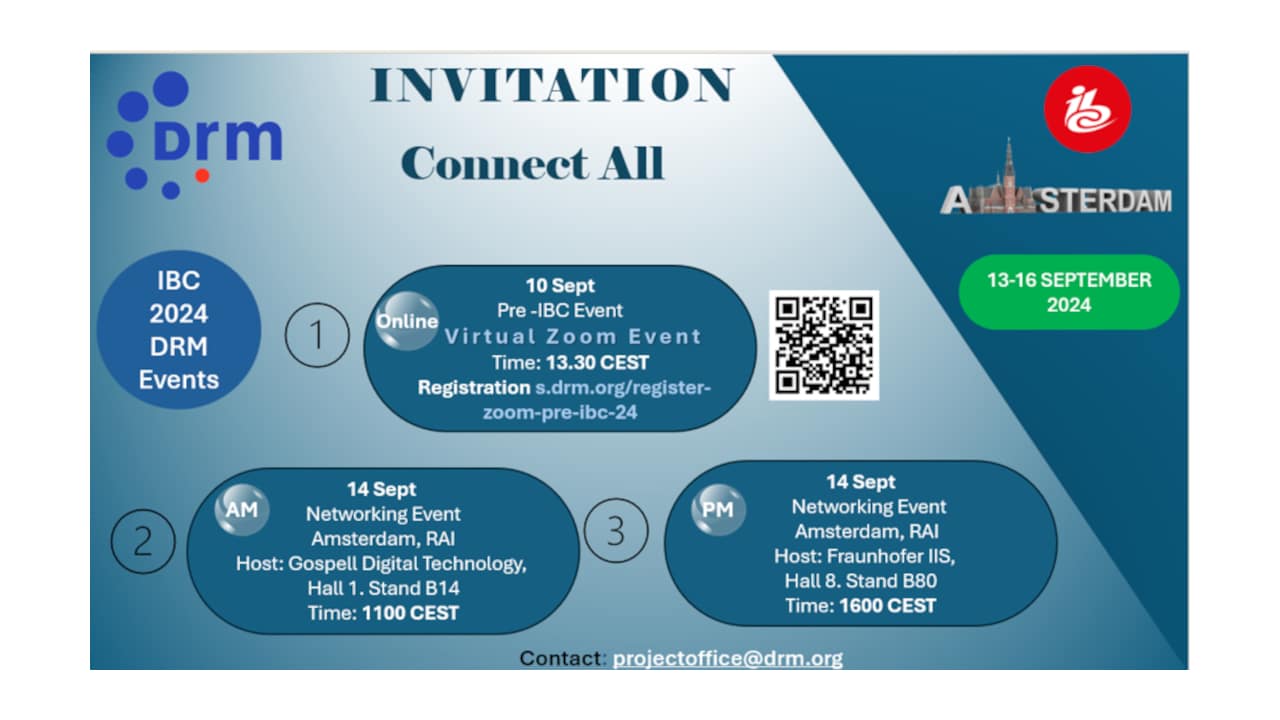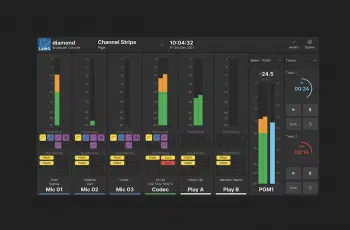
An announcement by Ghana’s Minister for Communications and Digitisation, Honourable Ursula Owusu-Ekuful, has revealed Ghana as the first country in West Africa to deploy a DAB service.
Implemented by the National Communications Authority (NCA), the trial phase involves 18 stations, with 11 based in Accra and seven in Kumasi. The platform enables listeners in both cities to access any of the stations using DAB+ receivers.
The initial trial is expected to last six months after which the NCA will review and decide the next phase of its deployment.
Speaking at the launch event, the Director General of the NCA, Joe Anokye, said that there are severe frequency constraints for FM in many major cities in Ghana. The NCA’s aim with the trial is to find a way to address these frequency limitations, and for stations to reach more cities outside of their immediate area with the same programme content.
Innovations introduced in the past six years…have all been focused on meeting the needs of the industry and ultimately, benefiting the consumer.
Ghana’s Minister for Communications and Digitisation, Honourable Ursula Owusu-Ekuful
The trial uses the 174–230MHz frequency range, and with 18 stations able to share one transmitter, Mr. Anokye added that the DAB service will both reduce signal interference and increase energy efficiency.
Delivering her keynote address, the Honourable Ursula Owusu-Ekuful highlighted the pivotal role played by Ghana in embracing the technology and touted Ghana’s unwavering commitment to digital innovation as having propell the country to the forefront of the transformative movement.
She said: “The NCA is today launching the trial of yet another service, Digital Audio Broadcasting, in addition to its groundbreaking media monitoring lab, the Common Platform, CERT, among many other innovations introduced in the past six years. These have all been focused on meeting the needs of the industry and ultimately, benefiting the consumer.”
Meanwhile, Minister for Information, Honourable Kojo Oppong Nkrumah, said that the platform will provide economic benefits within the broadcasting industry and that with the relatively high operational costs of running traditional FM stations in Ghana it was welcoming to implement a technology that reduces costs and improves efficiency of resources.
He further expressed optimism that DAB will encourage the production of content that contributes to societal growth and attracts more investors, leading to job opportunities.
Also at the event were representatives of the 18 stations as well as WorldDAB Project Director, Bernie O’Neill.




















